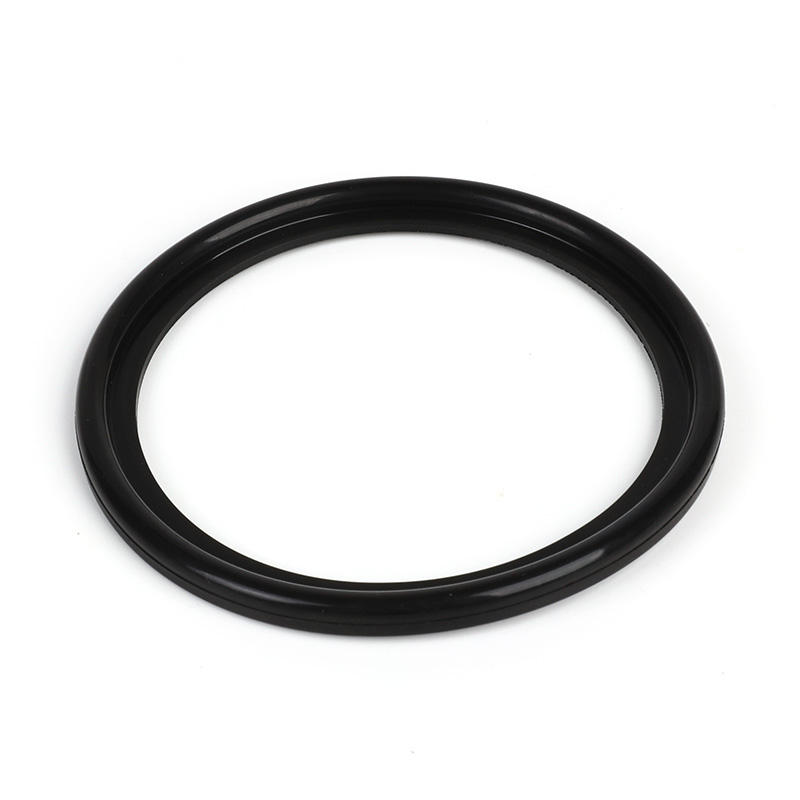+86-576-88024290
Search
15 08, 2025
Industry Updates
In automotive maintenance, Automobile Oil Filter Seals are often overlooked components—yet they play a critical role in maintaining engine health and preventing costly damage. When Automobile Oil Filter Seals fail, the consequences can range from minor oil drips to significant engine performance issues. Understanding how to detect, prevent, and address problems related to Automobile Oil Filter Seals is essential for vehicle owners, mechanics, and parts suppliers alike.
Common Failures in Automobile Oil Filter Seals
The frequently reported issues with Automobile Oil Filter Seals include oil leakage, deformation, hardening or brittleness due to aging, and in more severe cases, complete seal rupture. Each of these symptoms has a distinct set of causes that can often be identified through visual inspection and performance monitoring.
Oil Leakage is perhaps the visible sign of a failing Automobile Oil Filter Seal. This typically occurs when the seal is not seated correctly, has degraded over time, or was manufactured with subpar materials. Even a minor leak can to oil pressure drops and lubrication failure.
Deformation of the Automobile Oil Filter Seal can result from over-tightening during installation or exposure to engine heat. A deformed seal will lose its uniform contact surface, allowing oil to escape under pressure.
Aging and Hardening are natural consequences of prolonged exposure to high temperatures and aggressive oil additives. As Automobile Oil Filter Seals age, they lose their elasticity and sealing performance. This makes them more prone to cracks and brittleness.
Seal Rupture is but can occur if the seal is defective or if the engine undergoes a sudden pressure spike. A ruptured Automobile Oil Filter Seal can result in rapid oil loss and immediate engine risk if not addressed quickly.
Maintenance and Replacement Recommendations
Routine inspection of Automobile Oil Filter Seals during oil changes is a simple but effective practice. Mechanics should examine seals for any signs of hardening, flattening, or visible damage. If any issues are detected, replacing the seal is advisable, even if it has not reached the end of its expected service life.
manufacturers recommend replacing Automobile Oil Filter Seals every time the oil filter is changed. This typically occurs every 3,000 to 7,500 miles, depending on vehicle type and oil quality. Using a new, high-quality Automobile Oil Filter Seal with every filter change ensures consistent sealing and minimizes the risk of future leakage.

Additionally, proper torque during installation is critical. Over-tightening can crush the seal, while under-tightening may prevent it from fully engaging. Following the vehicle manufacturer's specifications for oil filter installation torque helps maintain the integrity of the Automobile Oil Filter Seal.
Identifying Low-Quality Seals
The rise of aftermarket components has led to a wide variance in Automobile Oil Filter Seal quality. Lower-quality seals are typically made from inferior rubber compounds that degrade faster when exposed to engine oil and heat. They may also lack the precise dimensions required for a secure fit.
Signs of poor-quality Automobile Oil Filter Seals include:
Noticeable oil seepage shortly after installation
Unusual hardening within a few months of use
Irregular shape or thickness out of the box
Lack of branding or quality certification on packaging
To avoid these issues, it is advisable to source Automobile Oil Filter Seals from reputable manufacturers or suppliers who provide full traceability, material specifications, and conformance to automotive standards such as SAE or ISO.
Although small in size, Automobile Oil Filter Seals serve as a line of defense against oil system failures. By recognizing early signs of failure—such as leaks, deformation, or brittleness—and following practices for maintenance and replacement, both vehicle owners and professionals can extend engine life and reduce unexpected breakdowns. Investing in high-quality Automobile Oil Filter Seals is not only a preventative measure but also a cost-effective one in the long run.